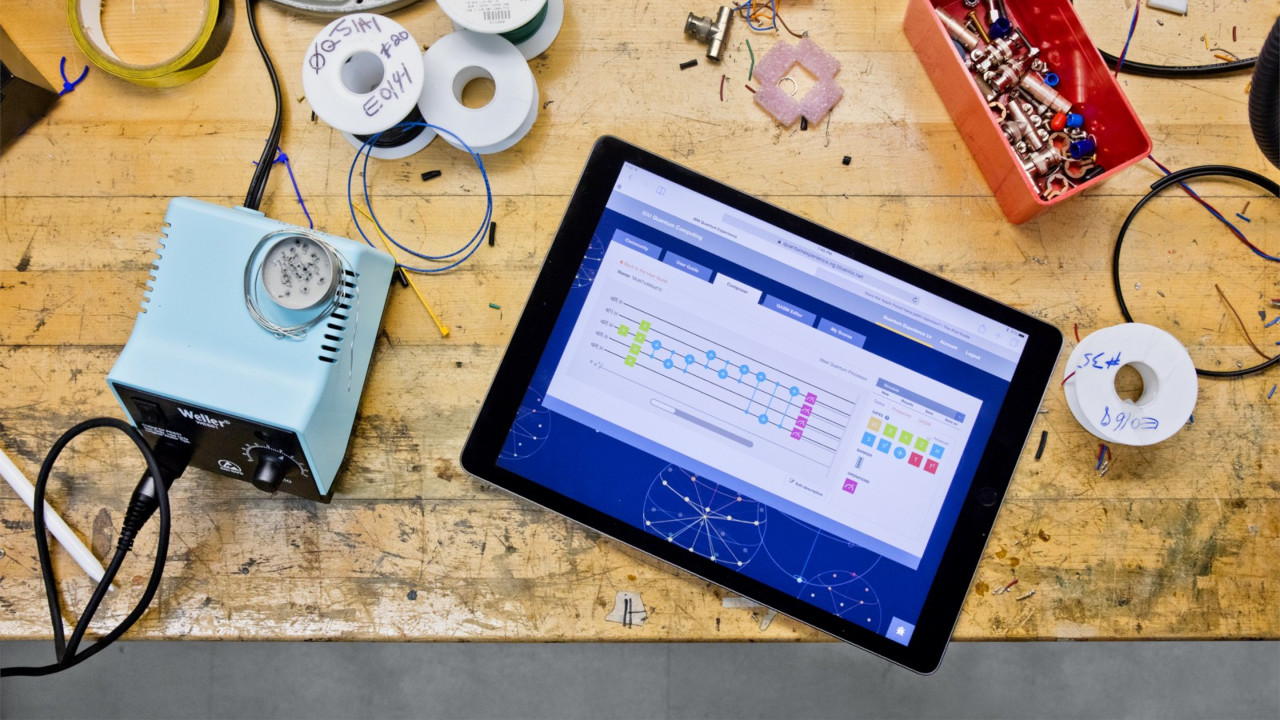IBM and Microsoft have begun efforts to develop the next generation of programming talent for the impending era of quantum computing, focusing on gamified core concepts and practical programming katas respectively.
Unlike traditional computers, which – with some notable exceptions – use binary bits with an on-off state, quantum computers use qubits which can be in both states at the same time. These quantum systems, researchers promise, can carry out selected workloads with considerably more efficiency than binary computers, which is why there’s little surprise to see some of the big names in the industry putting their weight behind the concept.
IBM is among these, having published a game for Android and iOS mobile devices dubbed Hello Quantum. Based on the company’s Q Experience quantum computing education programme, and described in detail by Dr. James Wootton in this Medium post, Hello Quantum is a game designed to introduce the concepts behind qubit-based quantum computing. Starting with the simplest system, a single qubit, the game gets progressively more challenging as additional qubits are added to the quantum system.
Microsoft, meanwhile, has published a series of quantum computing katas under the permissive MIT licence as a means of both educating programmers as to the concepts behind quantum computing and providing hands-on experience of its in-house quantum programming language Q#. The initiative currently covers four key topics: basic single- and multi-qubit quantum computing gates; quantum superposition, where a qubit is said to hold both 0 and 1 values simultaneously; distinguishing quantum states using measurements; and the writing of quantum oracles based on the Bernstein–Vazirani and Deutsch–Jozsa algorithms.
IBM’s Hello Quantum game is available on the Google Play Store and the iTunes App Store now as a free download; Microsoft’s Q# katas can be found on the project’s GitHub repository.
